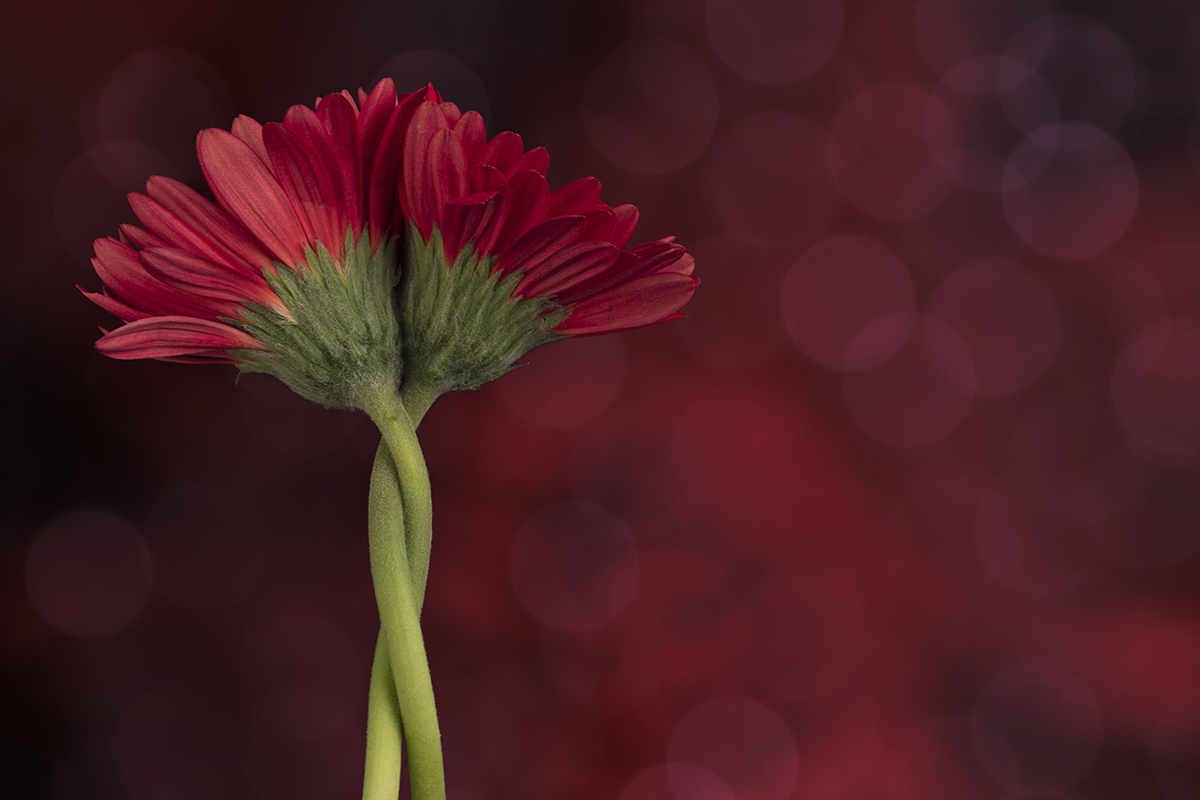Down the ages it has been a staple of popular wisdom that challenges are sent to help us live better lives and become better human beings. So much so that it has become cheesy, even annoying. When ‘bad’ things happen, well-meaning friends often fish it out of a river of collective consciousness with platitudes like, “Just remember, we are never given more than we can handle.” See. Annoying. There is no why. There is no how. There is no passage out of the morass.
But a school of thought that integrates Western psychology with Eastern philosophy has devised a systematic account of how this wisdom actually works. It has been honed over six decades of clinical and practical application, but never revealed to the reading public until Lifeshocks was published in June 2018.
This book explains how shocks to the system awaken us to our conditioning, our unconscious fears and all the ways we limit our potential – in very personal ways.
While the word “lifeshocks” is not in our common vernacular, most of us will hear it and think, “Oh, yes, I’ve had some of those!” Yet, to be clear, lifeshocks are different from ‘life challenges’, a number of which I write about through personal examples and case studies that many people can identify with: body image, sexual assault, addiction, divorce, bullying, bereavement, the quest for true love, professional failures and grave illness.
But lifeshocks are very specific encounters with what we cannot control, predict or plan. They are collision points between life as we expect it to be and life as it really is. For example, I have been living with ‘terminal’ cancer for four years. It is an ongoing challenge. But hearing the words, “You have multiple brain tumours Mrs Sabbage” was a lifeshock, one that confronted a fear that runs far deeper than my fear of dying – losing my cognitive abilities, not having value if I can’t contribute, being useless.
Similarly, my father’s prolonged illness and death was an ongoing, heart- cracking experience that lasted two years. But the moment two paramedics carried him into his care-home bedroom on a stretcher, ashen grey with an oxygen mask on his face, after a traumatic day in a hospital ward where he didn’t want to die, was a lifeshock. It was poignant and precise, striking my guilt for leaving him on that ward like flint against rock.
In the simplest terms, a lifeshock is a moment in time we did not want or expect. They surprise us, blindside us, soften and stir us. Sometimes they slap us hard in the face. Some scratch the surface of our lives while others strike deep into our being. They often seem random, unfairly distributed, out of the blue.
The specificity of these moments is important. You know those times when you are telling a story from your past and, as you relate a particular part of it, the emotions you felt at the time rise again – sometimes with surprising force? This is because those feelings – and the thoughts that create them – are locked in the memory of a lifeshock moment, even if you didn’t register it at the time. Consequently, we can unlock the unconscious mind at will, a practice that has spared many people years of therapy. If this was the only reason for writing Lifeshocks, it would be enough.
In this book I explain how lifeshocks awaken us through my own engagement with them as well as the teachings that have been passed down to me. My mentor, Dr. K. Bradford Brown, was a clinical psychologist, psychotherapist and theologian who was mentored by some of the great awakeners of the twentieth century: Viktor Frankl, Alan Watts and Carl Rogers, to name a few. These are the giants on whose shoulders I stand.
In particular, I focus on three kinds of lifeshock we all receive: limiting lifeshocks, which challenge our arrogance and illusions of control; exposing lifeshocks, which challenge our self- deception and pretences; and evoking lifeshocks, which challenge our cruelty and cold-heartedness. I also show how lifeshocks guide us back to the best in ourselves and the possibilities we have abandoned at the roadside – while answering the question, “Yes, but how do we decipher and learn from them?”
Life is not what it seems. We are not what we fear we are or believe we have to be. Extraordinariness is not the reserve of the few and the sacred is not confined to other realms. To recognise the purpose of lifeshocks is one thing that can change everything. It can answer our deepest longings and it
can bring us home to ourselves at any moment in any situation on any day.
This article was featured in the Winter 2018 Cygnus Review. Lifeshocks by Sophie Baggage is available for purchase from Cygnus Books.







